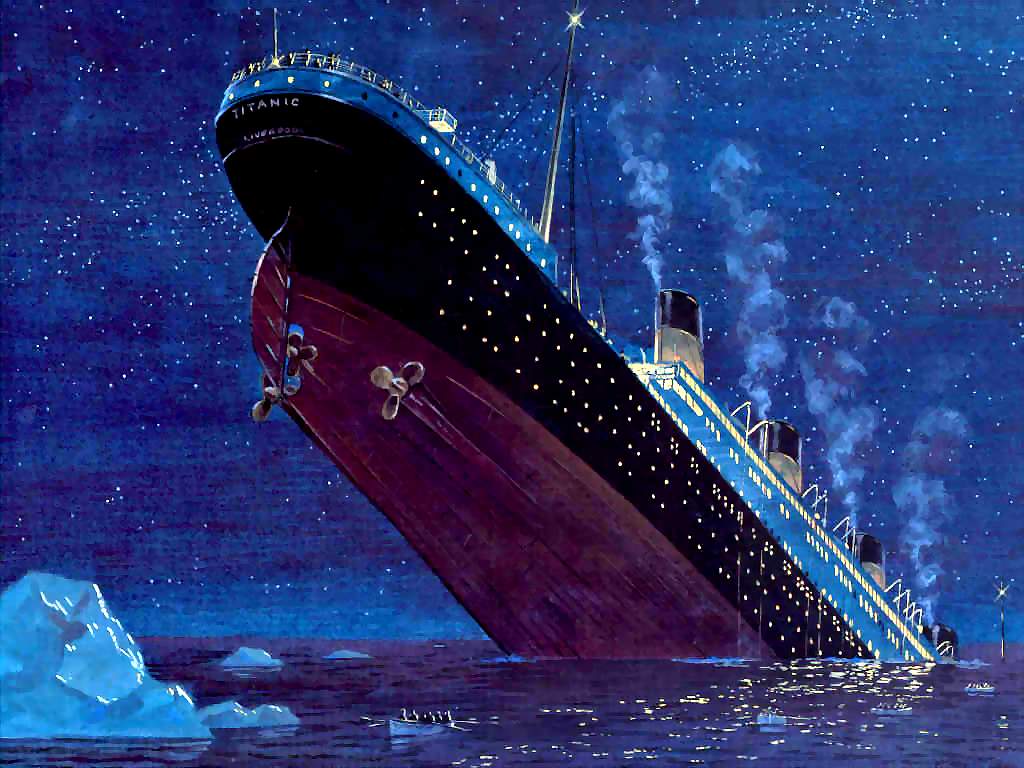 We don't usually make random psychological posts. But in thinking just now about what is called bipolar disorder, we were bothered by how the mood condition is commonly described, to wit, "Bipolar disorder or bipolar affective disorder, historically known as manic–depressive disorder, is a psychiatric diagnosis that describes a category of mood disorders defined by the presence of one or more episodes of abnormally elevated energy levels, cognition, and mood with or without one or more depressive episodes (Wikipedia: Bipolar disorder)."
We don't usually make random psychological posts. But in thinking just now about what is called bipolar disorder, we were bothered by how the mood condition is commonly described, to wit, "Bipolar disorder or bipolar affective disorder, historically known as manic–depressive disorder, is a psychiatric diagnosis that describes a category of mood disorders defined by the presence of one or more episodes of abnormally elevated energy levels, cognition, and mood with or without one or more depressive episodes (Wikipedia: Bipolar disorder)."Our reservations with a common label for the disorder are twofold.
First of all "manic depressive" does not rhyme.
Second of all the common labels do not adequately describe what we have seen of the disorder over many years of observations of the experiences of people we are close to who suffer from it.
The main component that is missing if either of the labels "manic-depressive" or "bipolar" is used, in our completely non-professional opinion, is the intermediate time between the manic phase and the depressive episode. That is not necessarily a "normal" mood time, but more commonly (in what we have witnessed) an interval of "panic" interlaced with anxiety, between the elevated and the low moods.
And since "manic, panic, depressive" does not rhyme, we propose a new label for the conglomorate disorder: "Manic, Panic, Titanic". We think that it is important to be accurate in naming.
1 comment:
Your criticism is both correct and incorrect. It is correct that you describe a pathology the way you see it. It is incorrect, because professionals mental health workers tend to try to break down mental sickness to its component parts. Thus the person you describe would be suffering from both manic-depression and a panic disorder.
All of which is neither here not there, the fundamental question really is: which description can best be used as the basis from which to make progress to heal this disorder?
To that question there is as yet no clear answer.
Post a Comment